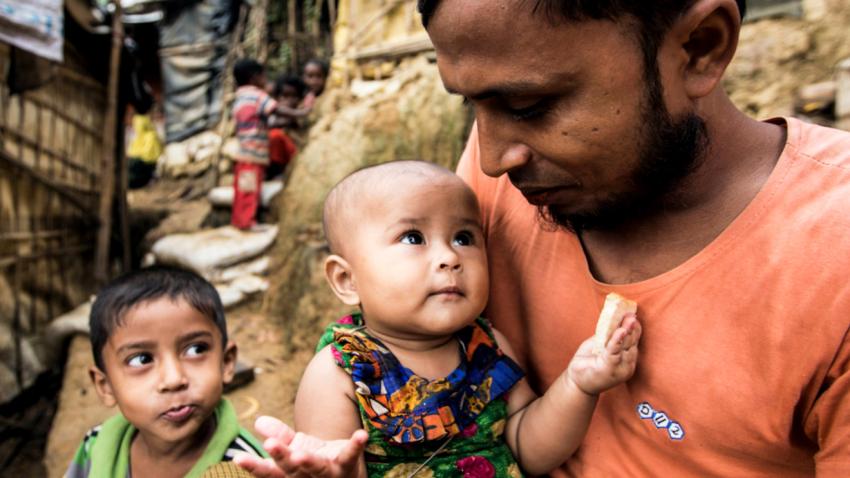The war in Ukraine has reopened the festering wounds refugee crisis, revealing the racist and xenophobic lens through which the global north views the global south. Shameful accounts of racism have emerged against non-white people attempting to flee Ukraine. Also, refugees from the global south faced differential treatment. Tragically these have just been episodes in an ongoing discriminatory attitude to different categories of refugees, betraying attitudes that are racist and unjust.
Recently, news reports from Germany indicate that Afghan refugees in Berlin were displaced from their shelters to make room for new refugees coming in from Ukraine. We hope that this displacement is part of a process of graduated progression of residency, but we fear it may be another act of discrimination based on race and religion. The United Kingdom’s latest policy to transfer asylum seekers to Rwanda, based on a bilateral agreement, is a dangerous precedent.
The Government of Rwanda has stated that humanitarian motives underlie the deal on their part, and indeed this East African country has been welcoming of refugees in the past. Denial of rights to refugees by the developed countries is unacceptable, and emergency response to their needs must be upheld and embraced as an act of social justice.
However, we need to guard against such bilateral “deals” that seek to subvert international conventions on refugees and the role of the UNHCR. Secondly, this arrangement reveals the continuing colonial attitudes of the Government of the United Kingdom. The agreement denies asylum seekers a voice and their right to have their case considered in a country of their choice. Even though the deal itself does not qualify which refugees, the history of refuge tells us race and religion will influence the process. The UNHCR also voiced its opposition to the proposal, with the Assistant High Commissioner, Gillian Triggs, stating that refugees should not be traded like commodities and transferred abroad for processing.
“Offshoring” asylum processes have a terrible history. These have led instances of child abuse and hardship. Yet, this has not deterred countries of the Global North from advocating the model for the past two decades. Such policies tend to absolve the western powers of their responsibility for the conflict and political instability created by them that envelops much of the global south.
In a situation where the global south bears the bulk of the responsibility of accepting and rehabilitating refugees, such plans display inhumanity and hypocrisy amongst developed countries. UNHCR data notes that more than 85% of refugees are hosted by developing countries, with more than 73% by the neighbouring countries. Least Developed Countries provide asylum to 27 per cent of the total population of refugees.
The global refugee question begs a critical re-examination of refugee policies. We need a strong involvement of the global south to ensure that they do not remain mired down with imperialistic, colonial and racist predilections. International policies on refugees need to be decolonised, and bilateral agreements on the treatment of asylum seekers need to be condemned. The principle of common but differentiated responsibility, articulated in the context of climate change, also needs to be adopted regarding the refugee question.
Sandeep Chachra, Executive Director of ActionAid Association, says, “The motors that create refugees — climate disaster, conflicts and wars have the flagrant footprint of the countries of the Global North. The principle of justice will be best served if we de-colonisize refugee conventions, and promote the principle of common but differentiated responsibility concerning refugees.”











More Stories
7 questions that could help strengthen any marriage, according to a relationship coach
Are AI-generated recipes hard to digest?
Optimising Your Yoga Experience: A Pre- and Post-Nourishment Guide